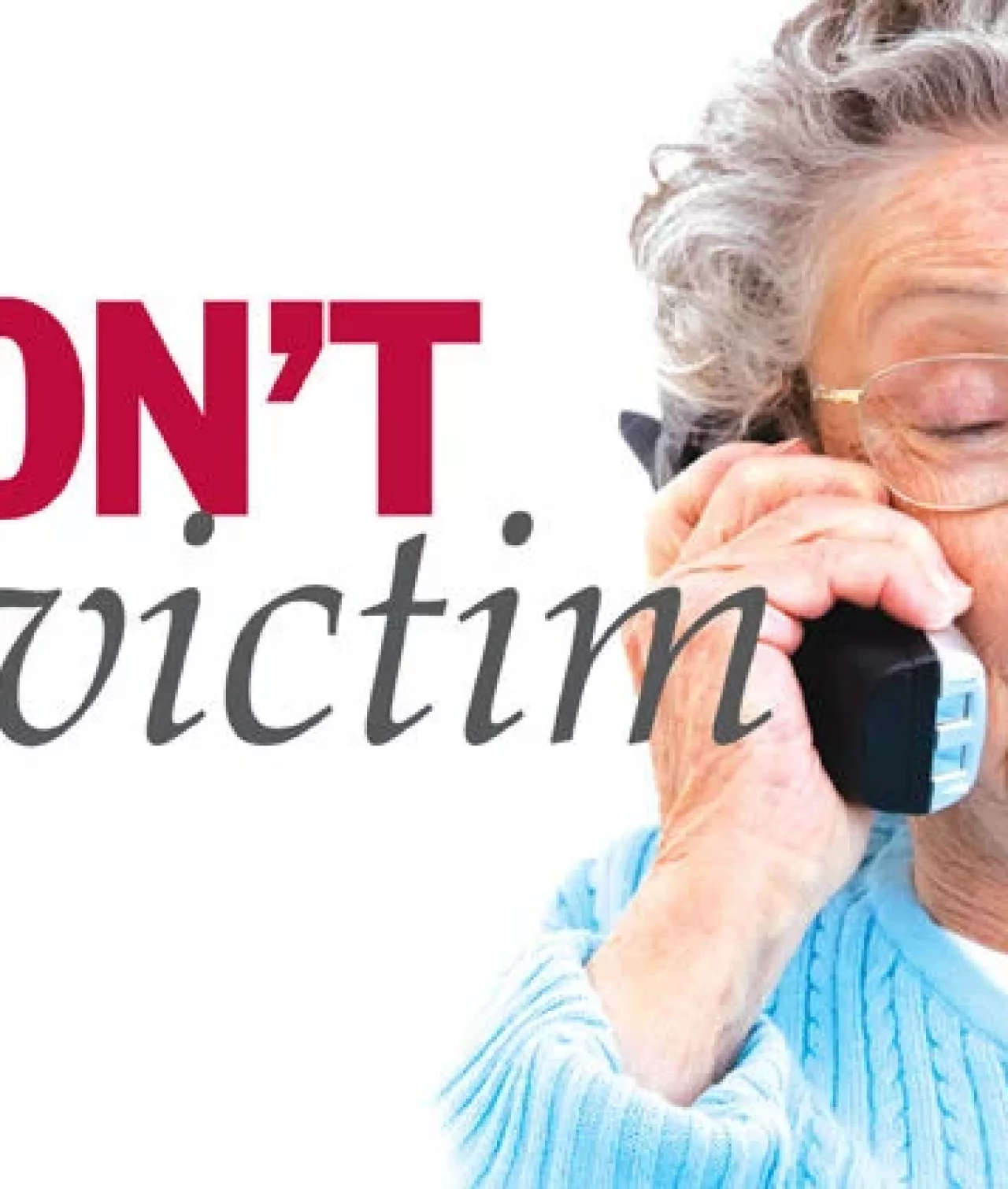
As we age, we become more vulnerable to fraud and scams. Unfortunately, seniors are often targeted by fraudsters because they are seen as an easy target. Seniors may be less likely to recognize fraudulent activities, making them more susceptible to scams. However, there are steps that seniors and their loved ones can take to protect themselves from fraud. In this blog, we will discuss some tips on how to protect seniors from fraud.
Educate Seniors about Scams
The first step in protecting seniors from fraud is to educate them about common scams. There are many different types of scams, including identity theft, sweepstakes scams, phishing scams, and investment scams. Seniors need to understand how these scams work, so they can recognize them when they occur.
Educating seniors about scams can be done through informational meetings, workshops, or through reading materials. One of the best ways to teach seniors about scams is through peer education. Seniors can learn from their peers who have been targeted by scammers and share their experiences.
Stay in Touch with Seniors


Staying in touch with seniors is important for protecting them from fraud. Isolation and loneliness can make seniors more susceptible to scams, so it is important to maintain regular communication with them. Regular communication can help seniors feel less lonely and more connected to their community. This can also help seniors feel more comfortable reaching out to their loved ones if they are targeted by a scam.
Keep Personal Information Private

Seniors should be cautious about sharing their personal information with others. Scammers often try to obtain personal information such as Social Security numbers, credit card numbers, and bank account information. Seniors should never give out personal information over the phone or online unless they are certain that they are speaking to a legitimate source.
Seniors should also be wary of sharing personal information with strangers. Scammers often use fake identities and try to gain trust with seniors before asking for personal information.
Be Skeptical of Offers that Seem Too Good to Be True

Seniors should be skeptical of offers that seem too good to be true. Scammers often use this tactic to lure in their victims. For example, they may offer a free prize or an investment opportunity that promises high returns. Seniors should be wary of these types of offers and do their research before accepting them.
Install Security Software on Devices

Seniors should install security software on their devices to protect them from online fraud. This includes antivirus software and firewalls. These programs can help detect and prevent scams before they occur.
Use Strong Passwords

Seniors should use strong passwords for all their online accounts. This includes email, social media, and banking accounts. A strong password should be at least 12 characters long and include a combination of upper and lower case letters, numbers, and symbols. Seniors should also change their passwords regularly and avoid using the same password for multiple accounts.
Shred Personal Documents

Seniors should shred personal documents before throwing them away. This includes bills, bank statements, and credit card offers. Shredding these documents can help prevent identity theft.
Be Careful When Using Public Wi-Fi

Seniors should be cautious when using public Wi-Fi. Public Wi-Fi is often unsecured, making it easy for scammers to access personal information. Seniors should avoid logging into their online accounts or entering personal information when using public Wi-Fi.
Monitor Bank Accounts and Credit Reports

Seniors should monitor their bank accounts and credit reports regularly. This can help them detect fraudulent activity early on. Seniors should review their bank statements and credit reports for any suspicious activity and report it immediately if they find anything.
Seek Help if You Suspect Fraud

Seniors should seek help if they suspect they have been targeted by a scam or fraud. They should report any suspicious activity to their bank, credit card company, or the authorities. Seniors should also reach out to their loved ones for support and guidance.
If seniors have been scammed, they should report it to the Federal Trade Commission (FTC) at ftc.gov/complaint. The FTC can help seniors recover their money and investigate the scam.
In conclusion, protecting seniors from fraud requires a combination of education, communication, and vigilance. Seniors should be educated about common scams, stay in touch with their loved ones, keep their personal information private, be skeptical of offers that seem too good to be true, install security software on their devices, use strong passwords, shred personal documents, be careful when using public Wi-Fi, monitor their bank accounts and credit reports, and seek help if they suspect fraud.
It is also important for family members and caregivers to be aware of the signs of fraud and scams, and to help seniors protect themselves. By working together, we can help keep seniors safe from fraud and ensure that they can enjoy their golden years without the stress and worry of scams and fraud.

Gut Health for Yoginis: Enhancing Your Practice with Fiber and Ancestral Nutritions Fibre Clenz
Share on facebook Facebook Share on twitter Twitter Share on linkedin LinkedIn Share on facebook Facebook Share on pinterest Pinterest Share on telegram Telegram Share
A Pillar of Strength in Golden Years: 10 Paths on How Regular Screenings Uphold Your Health
In the evocative voyage of life, the golden years emerge as a time to relish the fruits of decades of labor, to bask in the
Unlock the Secret to Sweet Dreams: 10 Ways of Enhancing Sleep Quality as You Age
Share on facebook Facebook Share on twitter Twitter Share on linkedin LinkedIn Share on pinterest Pinterest Share on telegram Telegram Share on whatsapp WhatsApp Share
Building Bridges, Not Walls: 10 Methods of Mastering the Art of Cultivating Social Connections in the Golden Years
Share on facebook Facebook Share on twitter Twitter Share on linkedin LinkedIn Share on telegram Telegram Share on whatsapp WhatsApp Share on email Email Share
Navigating the Golden Years: 10 Ways to Achieve Emotional Wellness and Conquering Loneliness
Share on facebook Facebook Share on twitter Twitter Share on linkedin LinkedIn Share on pinterest Pinterest Share on telegram Telegram Share on whatsapp WhatsApp Share
Stay Brainy in Your Golden Years: 10 Fun Activities to Keep Your Mind Sharp and Engaged!
Hello, brain buffs! Aging might be inevitable, but letting our minds turn to mush? No way, José! Time to boot up those brain cells and